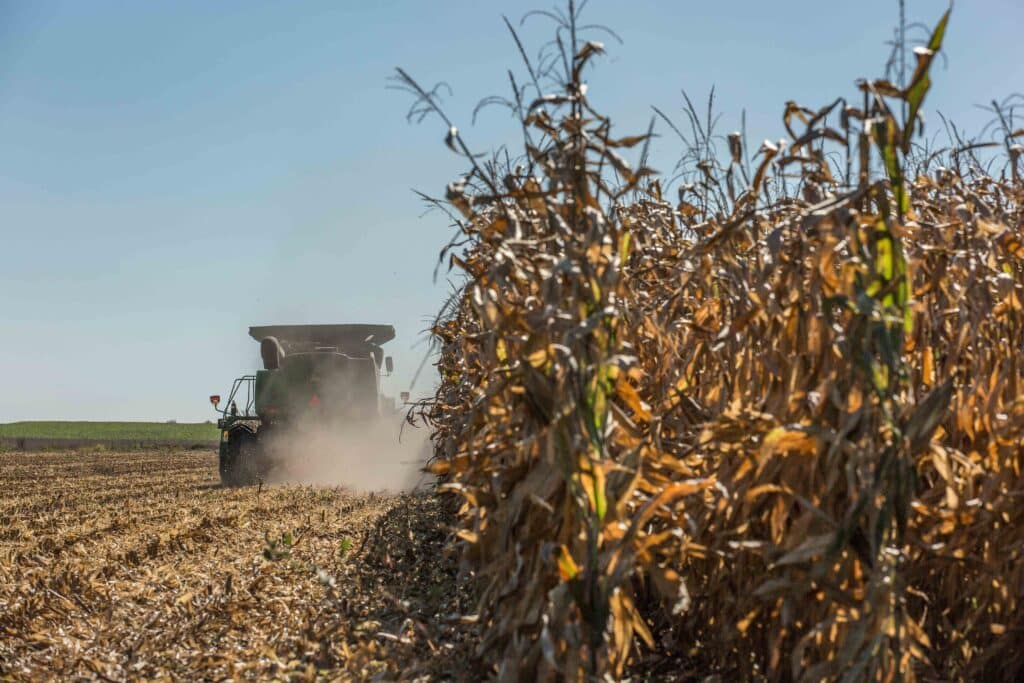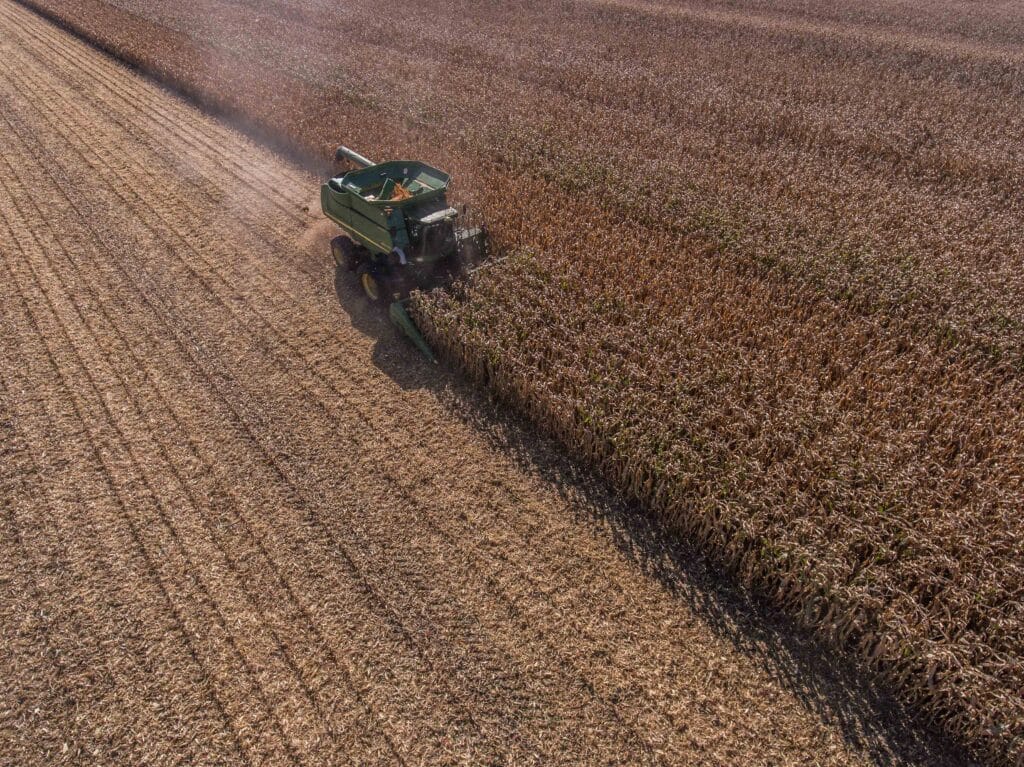 We’re nearing the most exciting, stressful, and rewarding time of the year for farmers – so don’t let up on the gas before harvest. Finish the season strong! If you want the best quality yield, you’ll keep working with your crop right to make sure you reach its full potential.
We’re nearing the most exciting, stressful, and rewarding time of the year for farmers – so don’t let up on the gas before harvest. Finish the season strong! If you want the best quality yield, you’ll keep working with your crop right to make sure you reach its full potential.
Let’s look at how it works all season long, and how AgroLiquid can help.
Soil testing
Growers need to know the current condition of the soil to know how to best help what’s planted in it. Not only does this help identify deficiencies, but it also tells them how much nutrition is already in the soil to balance out the added nutrients. Of course, this changes over time, so regular soil testing is needed. The soil test also reports on the relationship of nutrients in the soil; if one is high, it can affect the availability of others.
Tissue testing
During the season, this gives growers a deep understanding of what’s happening in the actual plant. It answers questions about nutritional effects and its current nutrient status. As a result, growers can look at tissue tests to help decide the next steps of a nutritional program.
Foliar applications
If the crop is lacking in a nutrient, the next step is to determine why its deficient, and what a grower can do about it. If it’s decided that a nutrient needs to be applied, then a foliar application with liquid fertilizer can be directly applied to the leaves, get absorbed, and move through the leaves into the plant. This is a quick method to make a difference in the crop. Already making a pass for fungicide or other crop protection application? Why not add nutrition to the tank to help finish out the season strong? Ask an AgroLiquid representative how this type of application can work for you.
Complete seasonal support
AgroLiquid nutrient plans are designed to provide the right nutrients at the right time, to make sure crops have access to what they need most during all growth periods. By preparing for the crop, testing the crop, and applying the right fertilizer, growers can can help prevent nutrient imbalances and deficiencies that could hinder the plant’s potential. This is true all season long.
Late-season fertilizer
Using late-season fertilizer contributes to improved growth, yield, and overall crop health. Advantages include:
- Maximized yield potential: Late-season fertilizer applications help make sure crops get the necessary nutrients during their critical growth stages, maximizing their yield potential and optimizing the production of fruits and grains.
- Nutrient balance: Help maintain a balanced nutrient profile in the soil, and make sure essential nutrients – from nitrogen to boron – are available in the right proportions.
- Nutrient uptake: Providing nutrients in the later stages of growth helps address any nutrient deficiencies that may have developed over the growing season. This allows crops to absorb nutrients more efficiently, which can lead to healthier plants and improved yields.
- Improved crop quality: Nutrients provided during late season contribute to factors like taste, color, size, and nutrient content, making crops more appealing and potentially more profitable.
- Stress resilience: Crops face various stressors as they approach maturity, like fluctuating weather conditions, pests, and disease. Late-season fertilizer applications boost resilience by supplying the nutrients needed to fight these stress factors, reducing the risk of yield loss.
- Extended growing period: Late-season fertilization can extend the effective growing period for crops, allowing them to continue their development even as the natural growing season starts to wane. This can be especially beneficial in regions with shorter growing seasons.
- Adaptation to crop variability: Different crops and growing conditions can result in varying nutrient requirements. Late-season fertilization allows growers to adjust nutrient applications based on crop performance and specific conditions, making sure each crop receives the support it needs.
Start with soil testing, move onto tissue testing, and go with a flexible nutrition plan – your crop will be supported all season long. Incorporating late-season fertilizer applications into crop management practices offers a strategic advantage by addressing the needs of crops as they approach maturity. This can result in healthier crops, improved yield quality, and ultimately, a more successful harvest. Happy harvesting!


